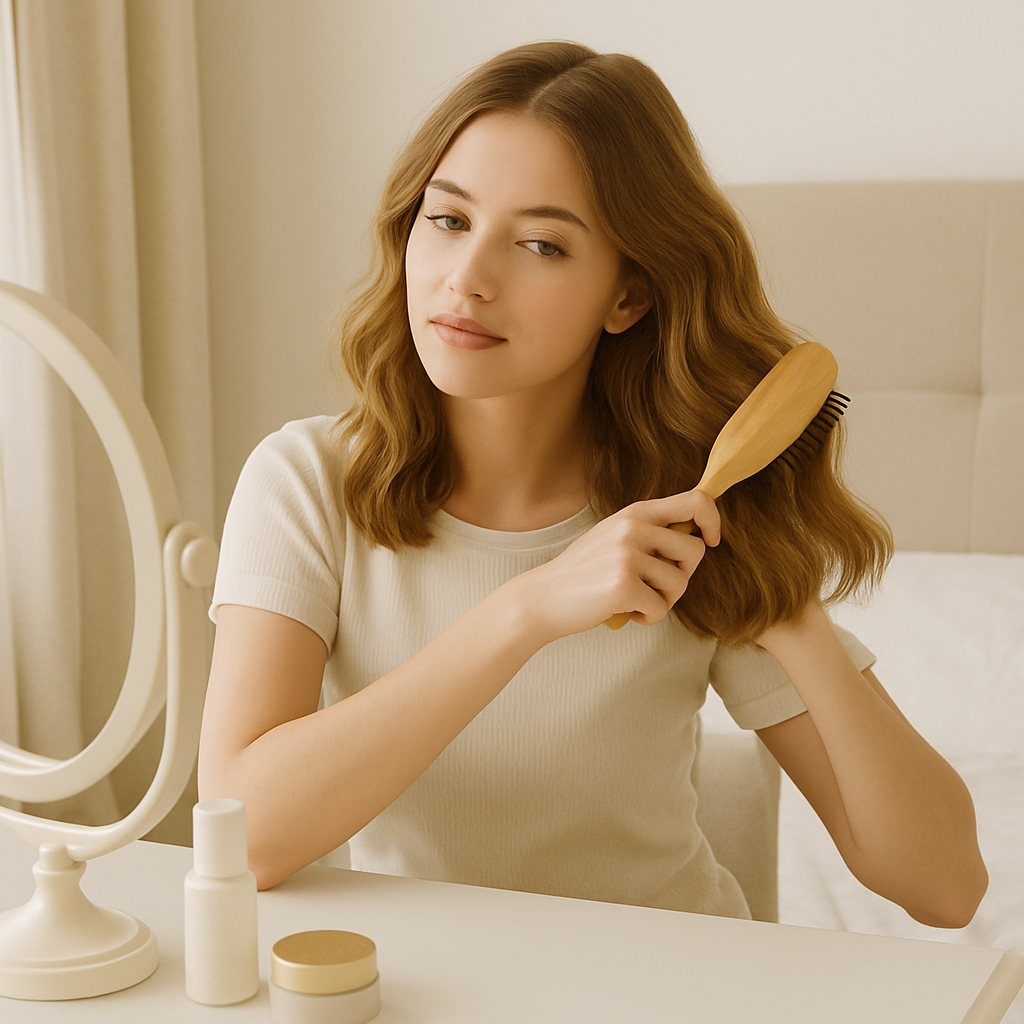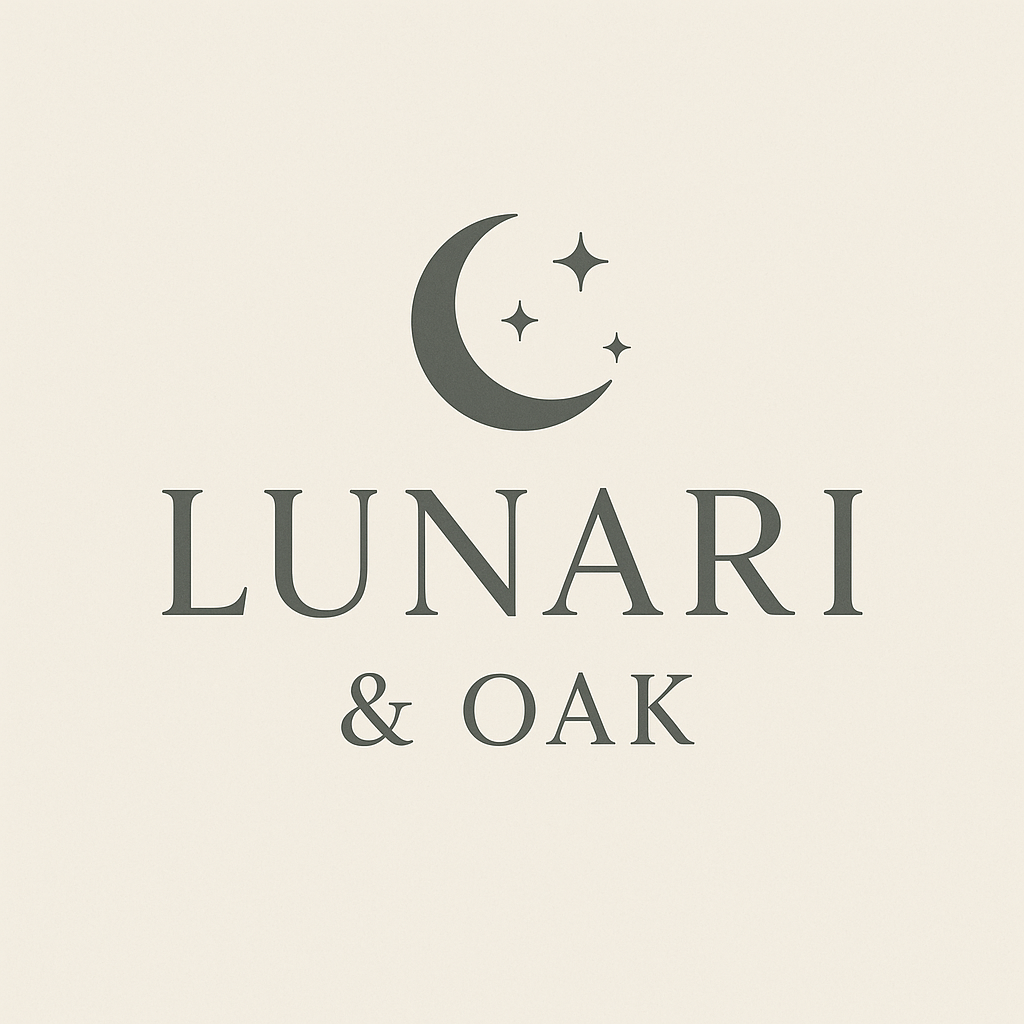
Some of the links on this site are affiliate links. This means that if you click on the link and make a purchase, I may earn a small commission at no additional cost to you. I only recommend products and services that I believe will add value to my readers. Your support through these links helps me keep this site running and allows me to continue creating content. Thank you for your support!
Understanding Hair Vitamins and Their Benefits
Hair vitamins are essential nutrients specifically recognized for their ability to support healthy hair growth and strengthen existing strands. These vitamins and minerals play a crucial role not only in enhancing hair health but also in bolstering overall wellness. Hair health is influenced by a variety of factors, including genetics, diet, and environmental conditions. However, incorporating appropriate hair vitamins can significantly mitigate some of these challenges and promote vitality.
Among the most beneficial vitamins for hair health are Vitamin A, B vitamins (including Biotin), Vitamin C, Vitamin D, and Vitamin E. Vitamin A supports the production of sebum, an oily substance that keeps hair moisturized. B vitamins play a vital role in cellular metabolism and are known to foster hair strength and growth. Biotin, in particular, is highly regarded for its ability to improve the keratin infrastructure, which can result in thicker, more resilient hair.
Vitamin C is another important nutrient as it aids in collagen production, crucial for maintaining hair structure. Additionally, it acts as an antioxidant, combating oxidative stress that could lead to hair loss. Vitamin D is considered important for creating new hair follicles, while Vitamin E contributes to improved scalp circulation, promoting healthier hair growth.
These nutrients are readily available in both supplement form and in various foods, making it easier to incorporate them into one’s diet. Foods rich in hair vitamins include leafy greens, nuts, seeds, eggs, fish, and fruits. For those unable to obtain sufficient vitamins through diet alone, supplements may offer an effective alternative. By ensuring an adequate intake of these vital nutrients, individuals can experience not only enhanced hair health but also improved skin, nails, and overall well-being.
Key Vitamins for Healthy Hair
Maintaining healthy hair is intrinsically linked to a balanced intake of essential vitamins. Among these, Biotin, Vitamin A, and Vitamin E stand out due to their significant contributions to both hair health and overall wellness.
Biotin, also known as Vitamin H, is critical for keratin production, a primary protein that forms hair, skin, and nails. A deficiency in Biotin may result in brittle hair, hair loss, and a thinning appearance. Foods rich in Biotin include eggs, nuts, seeds, and whole grains. For those who struggle to meet their Biotin needs through diet alone, supplementation may be a beneficial option.
Vitamin A is vital for cell growth, including hair cells. It helps produce sebum, an oily substance secreted by sebaceous glands that keeps hair moisturized and prevents dryness. A deficiency in Vitamin A can lead to dry and brittle hair, as well as an unhealthy scalp. Foods that are rich in this vitamin include carrots, sweet potatoes, and spinach, which are excellent sources of beta-carotene, a precursor that the body converts into active Vitamin A.
Vitamin E also plays a crucial role in maintaining healthy hair by promoting blood circulation to the scalp and providing antioxidant protection against oxidative stress. Insufficient Vitamin E levels can hinder hair growth and lead to hair loss. Foods high in Vitamin E include almonds, sunflower seeds, and avocados. Consuming these foods, along with considering supplements if necessary, can help attain the recommended intake of this essential vitamin.
Incorporating a variety of these vitamins into one’s diet can enhance hair health significantly. A balanced approach to nutrition, focusing on both nutrient-dense foods and targeted supplements where needed, is essential for achieving optimal hair vitality.
The Connection Between Hair Health and Overall Well-Being
Hair health is often viewed as a superficial aspect of personal grooming; however, it is intricately linked to overall well-being. The condition of one’s hair can serve as a visible indicator of internal health, highlighting potential nutritional deficiencies that may otherwise go unnoticed. Vitamins and minerals play a pivotal role in maintaining the strength and vitality of hair, and deficiencies in essential nutrients can lead to noticeable consequences both for hair quality and an individual’s overall health.
When the body lacks essential nutrients such as iron, zinc, biotin, and vitamins A, C, D, and E, one may experience hair thinning, brittleness, or even hair loss. These changes in hair health are not merely cosmetic; they can negatively impact mood and self-esteem. The psychological implications are significant; individuals may feel less confident or attractive when faced with hair issues, leading to a decline in overall mental health. This connection underscores the importance of a well-balanced diet rich in the necessary vitamins and nutrients to promote healthy hair growth and, by extension, personal confidence.
Furthermore, good hair health can foster a positive self-image. For many, hair is an integral part of identity and personal expression. Maintaining vibrant, healthy hair often correlates with increased self-esteem, which can influence social interactions and personal relationships. When individuals feel satisfied with their appearance, they are more likely to engage positively with their environment, further enhancing their emotional and psychological well-being. Thus, the pursuit of hair health transcends the realm of aesthetics, having far-reaching effects on an individual’s overall lifestyle and mental health.
How to Incorporate Hair Vitamins into Your Routine
Incorporating hair vitamins into your daily routine can significantly enhance not only your hair health but also your overall well-being. The first step towards this is maintaining a balanced diet rich in nutrients that promote hair growth. Foods such as salmon, nuts, spinach, and avocados are excellent sources of omega-3 fatty acids, vitamin E, and biotin, all of which are known to support hair vitality. Structuring your meals to include these foods can create a naturally nourishing environment for your hair.
To begin, consider designing a weekly meal plan that incorporates hair-friendly items. For example, starting your day with a breakfast smoothie that includes spinach, banana, and almond milk can be an easy way to intake essential vitamins. For lunch, a quinoa salad with mixed vegetables and grilled salmon can provide a hearty meal packed with proteins and healthy fats. A simple dinner option could be a stir-fry with lean chicken, bell peppers, and broccoli, ensuring you receive a myriad of nutrients that contribute to hair health.
Alongside dietary changes, one might also explore hair vitamins in supplement form. It is crucial to choose high-quality products that contain essential ingredients such as biotin, zinc, and other vital vitamins and minerals for hair nourishment. However, before starting any supplement regimen, it is advisable to consult a healthcare professional to discuss your personal health requirements and nutritional needs. This is especially important as the ideal supplement can vary depending on individual conditions or dietary restrictions.
Additionally, it is important to set realistic expectations regarding the results of hair vitamins. While noticeable changes may occur over time, it is essential to approach this journey with patience, recognizing that improvements in hair health often manifest gradually. A consistent approach to incorporating hair vitamins—through both diet and supplements—can yield significant benefits for your hair and overall health.
